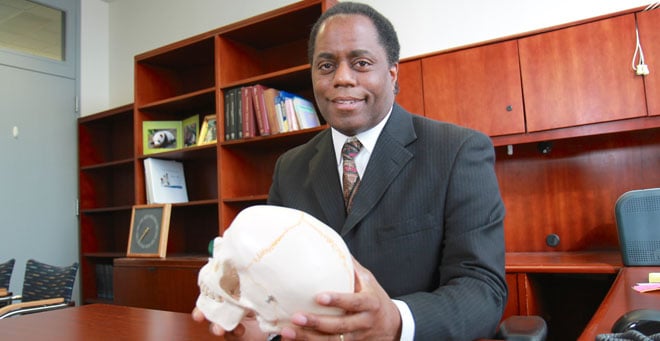Brain and CNS Tumors
The brain and spinal cord together make up the central nervous system (CNS). The CNS controls numerous critical functions ranging from thinking, learning, and memory, to coordination, heart rate, and breathing. Tumors can originate in the CNS, either in the brain or the spinal cord (primary tumors), or, more commonly, they can originate in other parts of the body and spread to the brain (metastatic tumors). Brain and spinal cord tumors are the second most common type of cancer diagnosed in children, after leukemia. The most common type of brain tumor in children is a glioma, which consists of a specialized type of cell known as glial cells that play important roles in supporting and protecting brain cells.
There are a wide variety of CNS tumors, including benign (noncancerous) and malignant (cancerous) tumors. Although benign tumors usually grow slowly and rarely spread into other areas of the brain, they can push on and damage the tissue surrounding the tumor (known as a local mass effect). Malignant tumors tend to grow more rapidly, spread into other brain areas, and may not be easily removed through surgery. However, whether a tumor is benign or malignant, it will require evaluation and possible treatment, as even benign tumors can affect brain functioning.
In the News
-

Mark Johnson named vice president of American Academy of Neurological Surgery
Read more



















